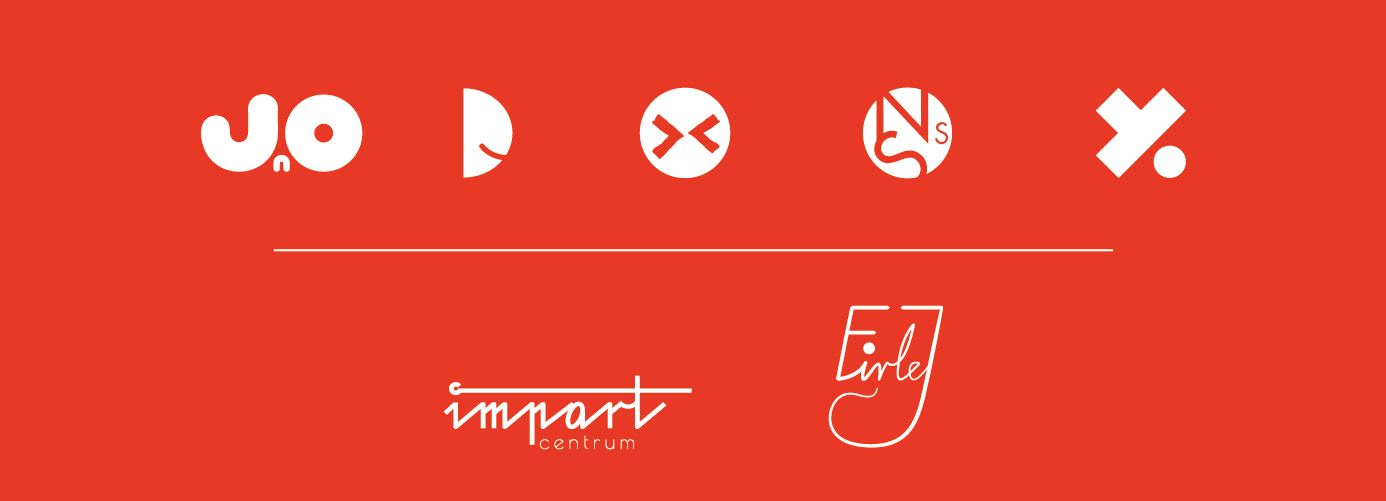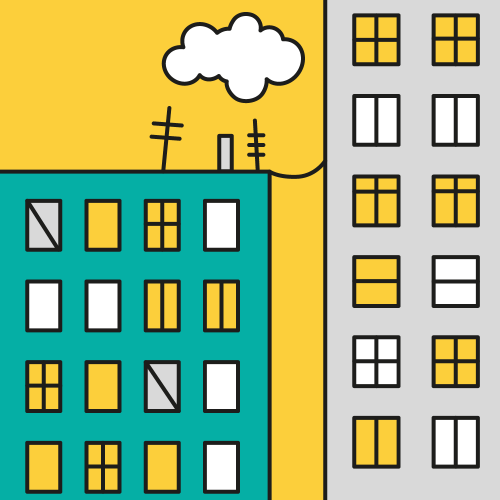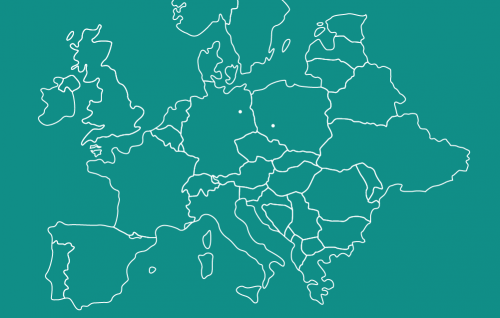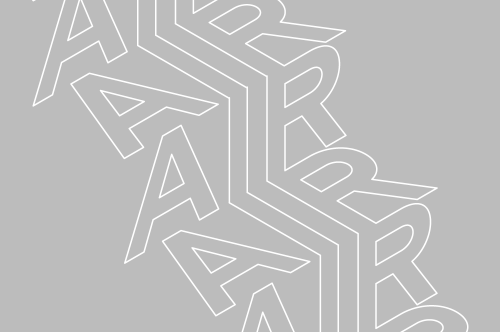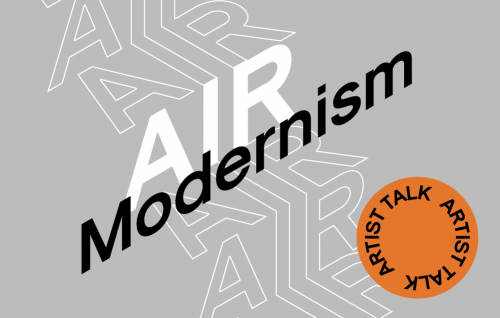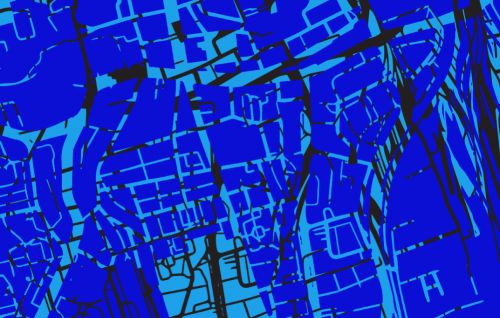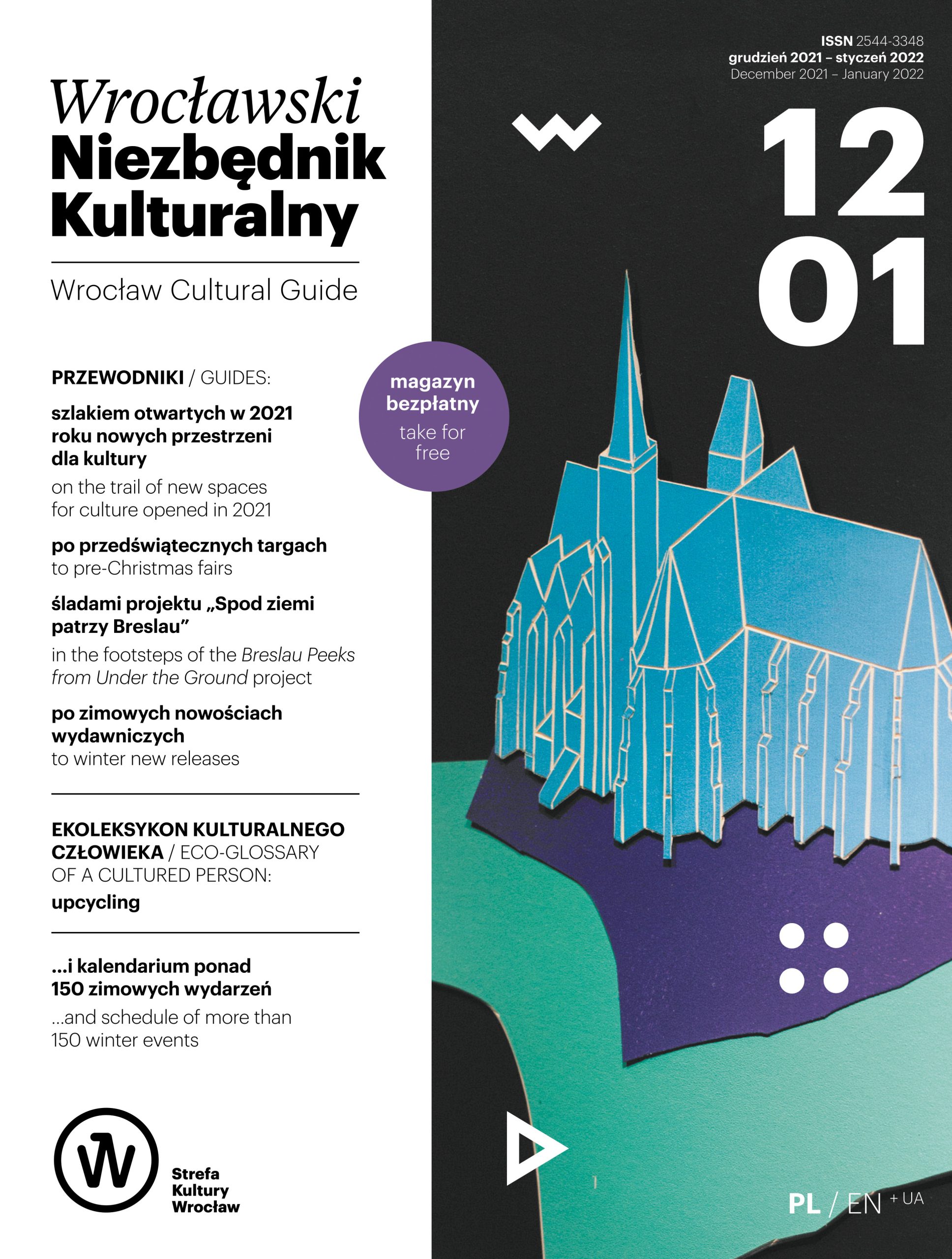A city is a complicated, living organism. It’s formed by diverse, adjacent elements, which never stop interacting. The main topics of the City Academy series are not only the citizens, as understood traditionally, but also a smog, relationships build by the new neighbours, cameras and other forms of supervision, audiosphere, murals, graffiti. We will talk not only about the theory, but also – and most of all – about specific cases and problems. There will be audio-visual materials and time for discussion as well.
8.02 How does the smog cloud the city? | dr Jacek Małczyński
Anthropocene is a name given to the period of the last 200 years of the history of Earth, a period related to industrialisation and urbanisation. When during winter 2016 MPK started to show the information concerning the quality of the air on the boards all over Wrocław, the citizens found out what it means to live in Anthropocene. The quality of the air they breathe was evaluated as very bad. And the reason behind it was smog. What causes the smog? Should we be afraid of the neighbours who burn the trash? Is there a way to protect ourselves? Maybe the intelligent cities will save us? These are the questions we will try to answer.
8.03 How do new neighbours change the city? | Olga Chrebor and Sergii Kulchevych
As a result of political and economic processes in Ukraine, we are dealing with a wave of migration to the West. Wrocław, just like other Polish cities, has become a living space for many inhabitants from the East. We have new neighbours who speak a language which is related to ours, and yet foreign. A complicated past connects our nations. And now they want to build their future in the city on the Oder River. During the meeting we want to talk about migration and the way it changes the country and its society, how it affects everyday life, personal contacts, economy, and legal and administrative solutions.
5.04 How does the city supervise and control its residents? | dr Rafał Nahirny
New technologies created in order to observe the everyday life, gather and process data, as well as the infrastructure supporting that process colonise the public space of the cities more and more. As a part of it, highly advanced calculating processes and databases are being developed. All that is happening without causing any serious controversy. Did the citizens accept that they lost their privacy and believe the technology is neutral and the progress inevitable? Will the video surveillance really help with creating an intelligent and safe city?
26.04 How to listen to the city? | prof. Renata Tańczuk
Sounds emitted by people, institutions, things, animals organise the life in a city and interpersonal relationships. How do the sounds we hear in the neighbourhood help us feel at home and identify with a certain place? Can acoustic phenomena connect people and help with the process of creating communities? During the meeting we will also take a look at onerous, and even harmful to health, aural experiences. We will present the results of the most recent research on Wrocław audiosphere and recordings of soundscapes of Wrocław neighbourhoods.
17.05 How to look at the city? | dr Piotr Jakub Fereński
The “invisibility” which appears in the title is a sphere of urban reality created by the society and culture. The fact is, it stays physically visible, however, it is not usually noticed by the citizens: manifestations of life and activities which are an alternative for the big-city standards and global aesthetics. During the meeting, we will talk about how graffiti, murals, writings as well as other spontaneous creative interferences create the aspect of a city. We will ask whether they have to enter into conflict with the top-down strategies of revitalization or modernisation?
Those who will participate in all four meetings of the City Academy, will receive a certificate.
The meetings are held in Barbara | ul. Świdnicka 8B | from 18:00 to 19:30
Creators of the series: dr Piotr Jakub Fereński, dr Rafał Nahirny, Joanna Panciuchin
Partner of the series: Urban Studies | a major at the Institute of Cultural Studies of the University of Wrocław
